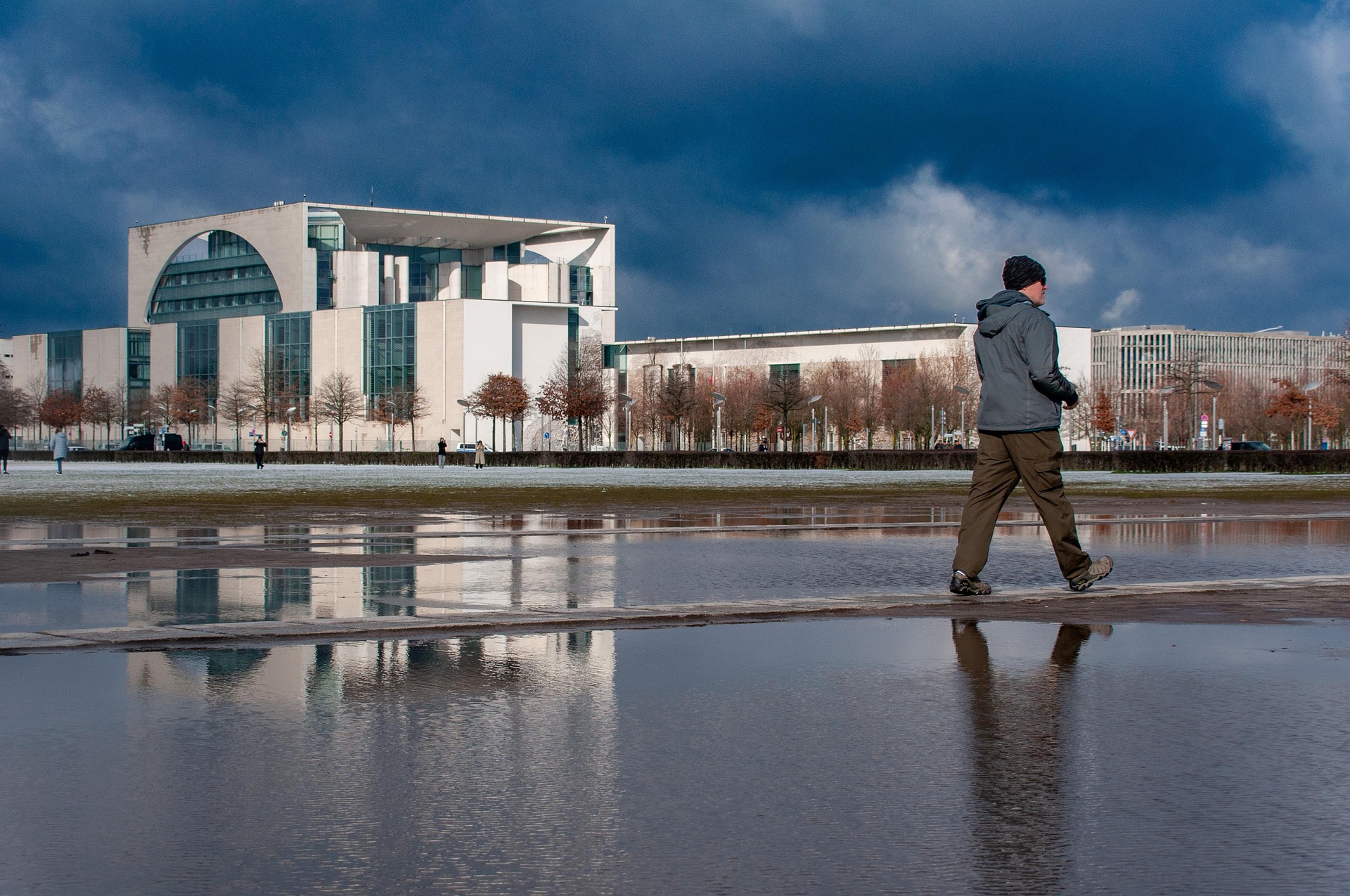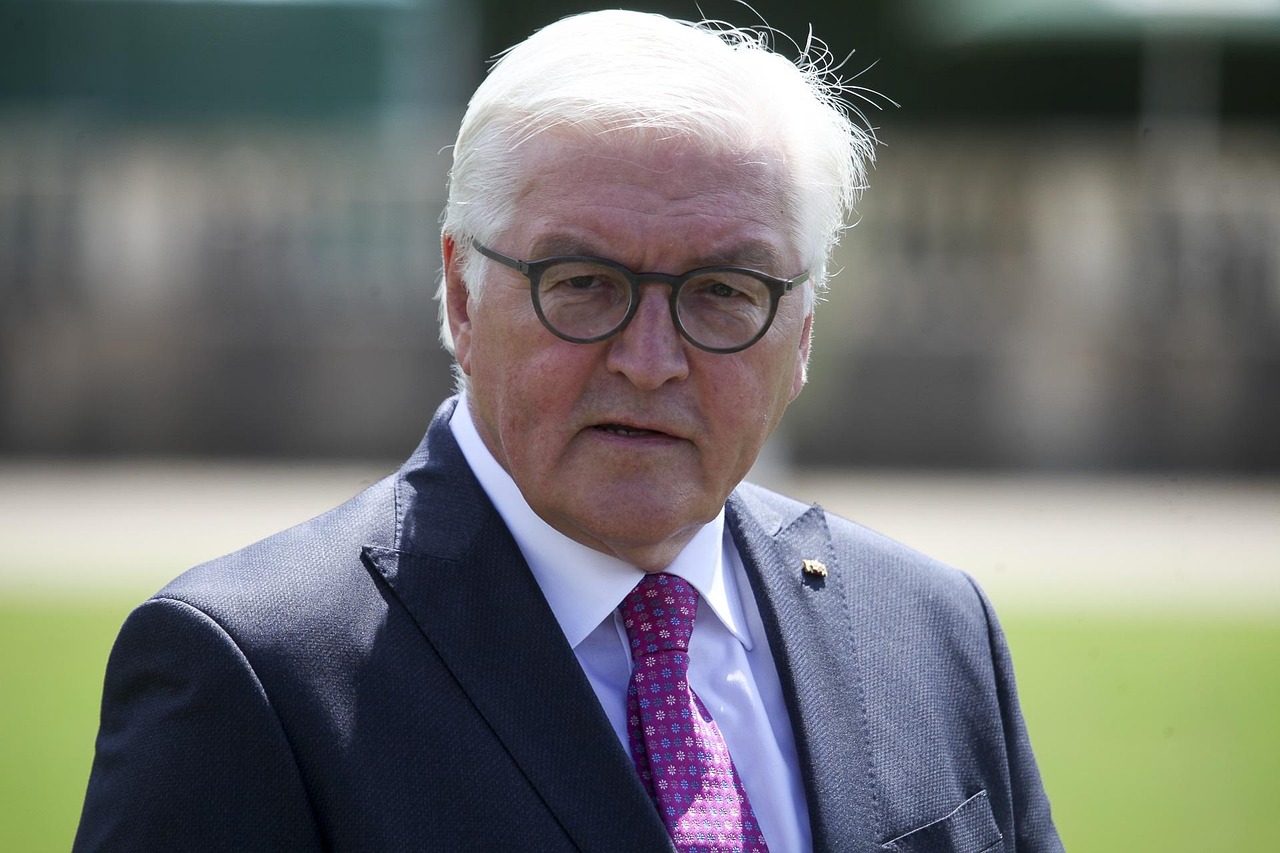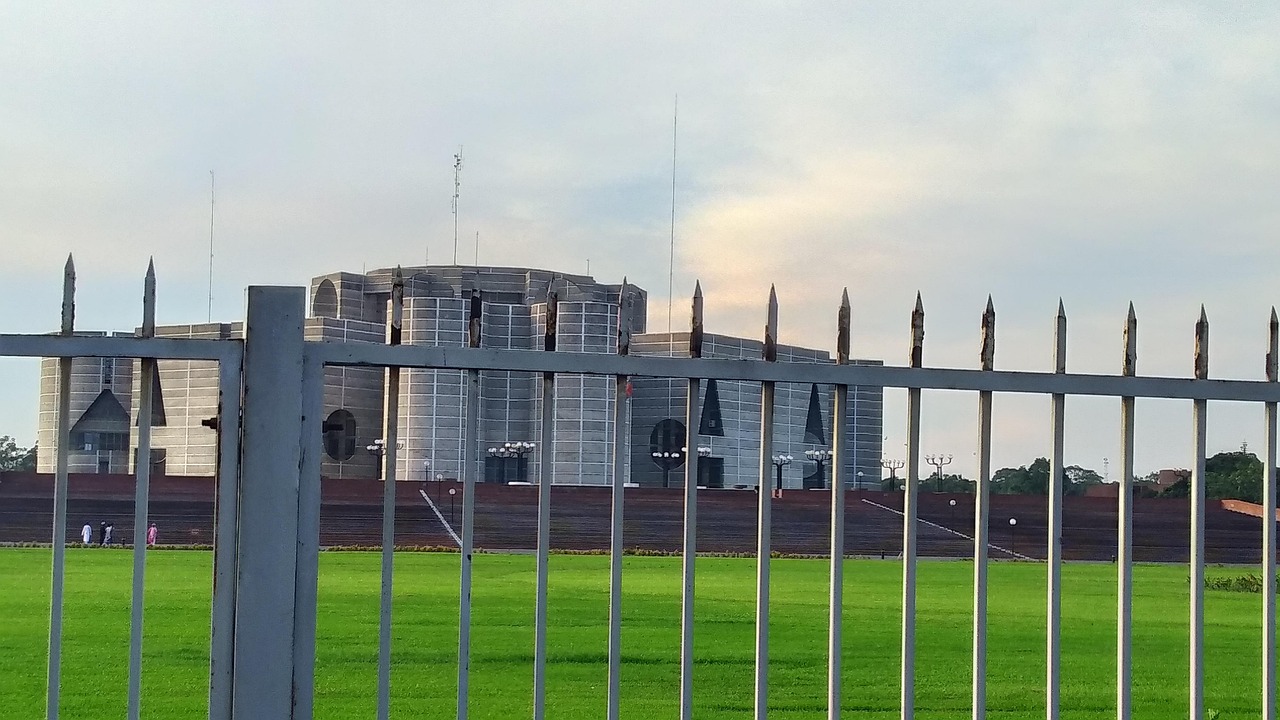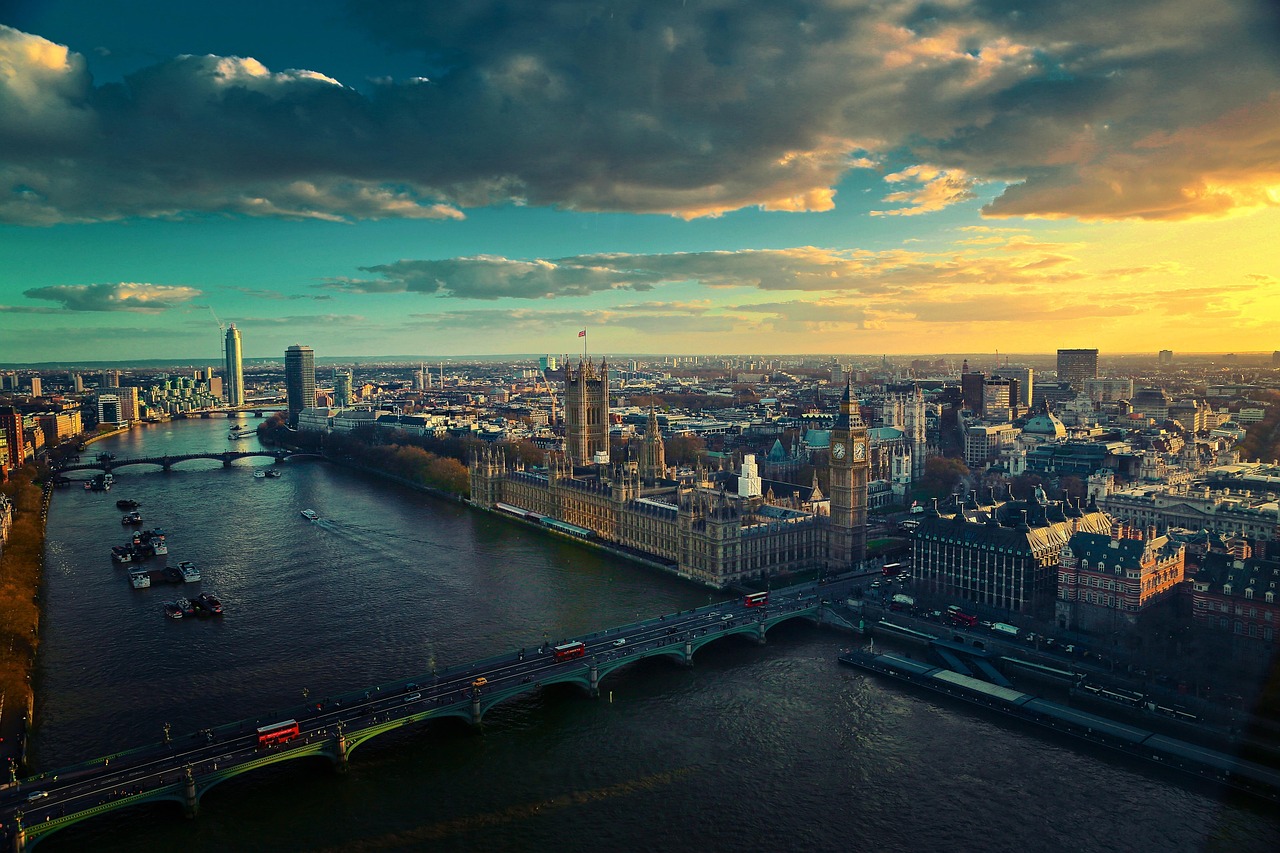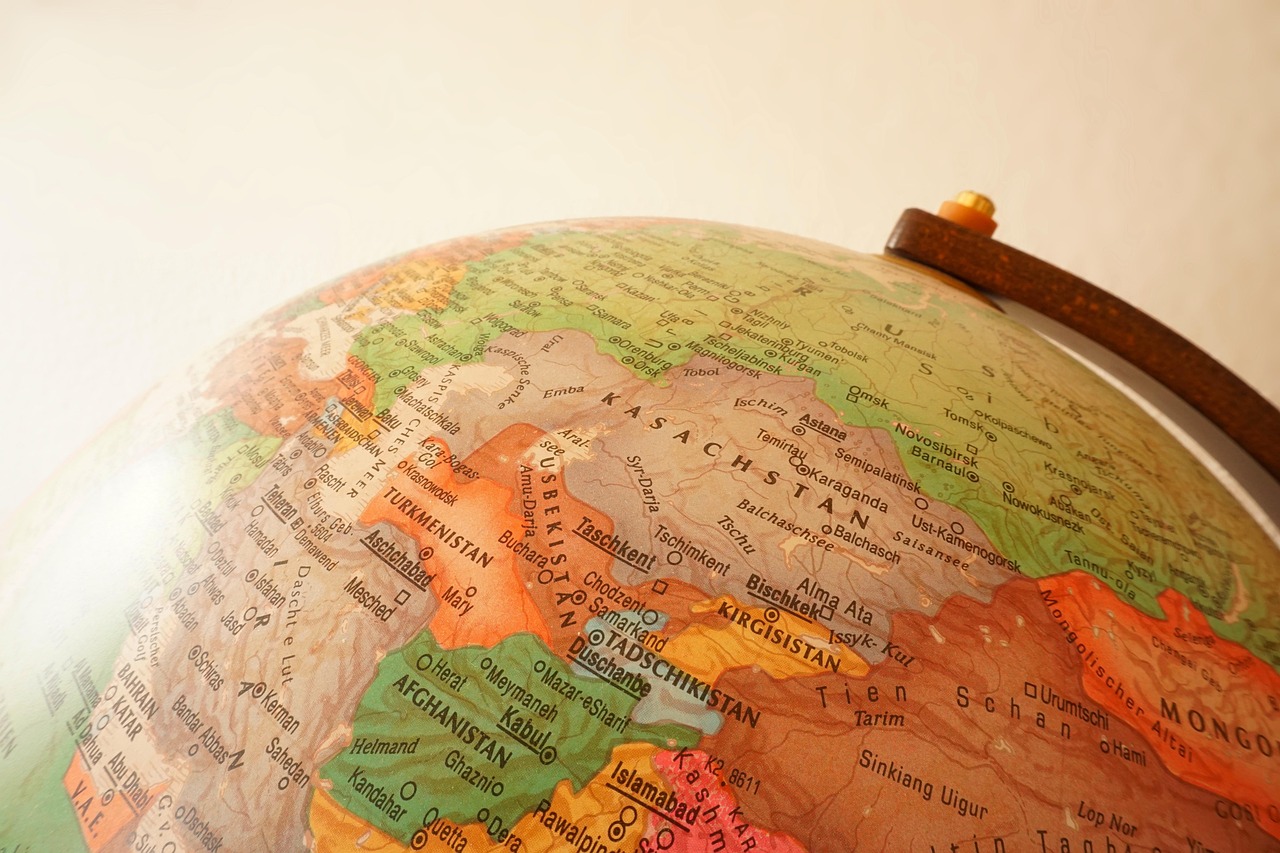In 2025, the global political landscape is undergoing dramatic transformations. With growing geopolitical tensions, shifting alliances, and the rising influence of technology, the world is witnessing a new era of diplomacy and conflict.
One of the most significant developments is the intensifying rivalry between major powers like the United States and China. Economic competition, cyber warfare, and ideological clashes have all contributed to a climate of mistrust. Meanwhile, emerging powers such as India and Brazil are asserting themselves on the world stage, seeking a more prominent voice in global institutions.
At the same time, internal political dynamics are shifting. Populist movements continue to challenge traditional parties in Europe, while democratic backsliding in some countries raises concerns about the future of liberal governance. Social media plays a pivotal role, acting as both a tool for political engagement and a weapon for misinformation.
Climate change has also become a central political issue, forcing nations to reconsider energy policies and international commitments. As climate-induced migration increases, it is also reshaping domestic debates over immigration and national security.
In this rapidly evolving political environment, collaboration and diplomacy are more crucial than ever. Global stability will depend on the ability of leaders to navigate complex challenges while maintaining dialogue and upholding democratic values.

